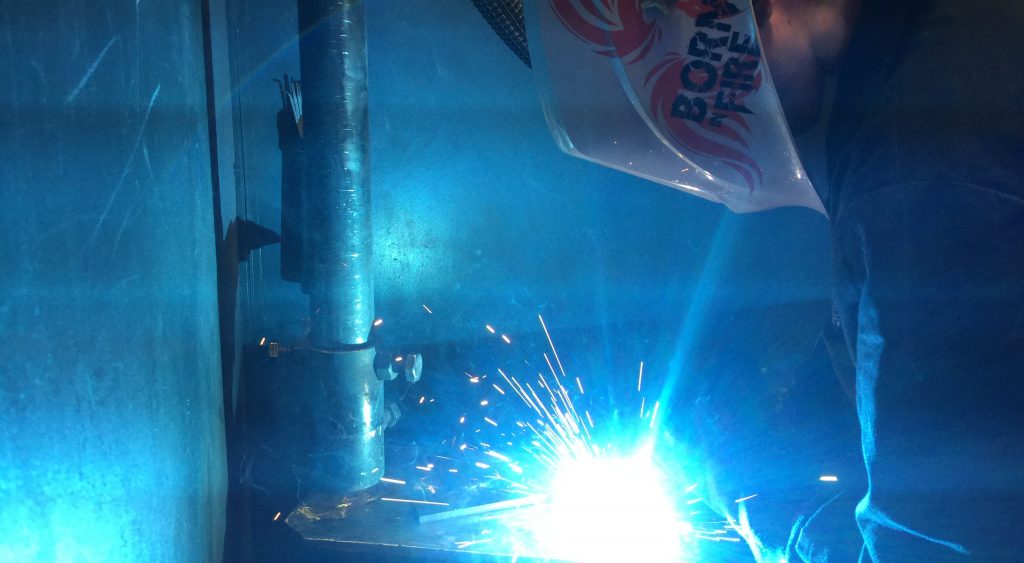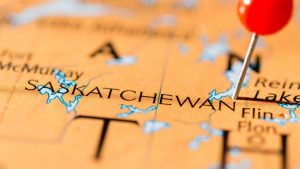The Technical Safety Authority of Saskatchewan (TSASK) will have information available on current and updated legislation relating to pressure equipment and boilers at a two-day safety seminar held prior to the International Pressure Equipment Integrity Association’s (IPEIA) 22nd annual Banff conference March 7 to 9.
The Saskatchewan Pressure Equipment Safety Legislation (PESL) seminar will be held March 5 and 6 at Banff’s Max Bell Building.
TSASK’s Chris Selinger, P.Eng. and vice-president of operators and chief inspector, said in 2017 the province updated three pieces of legislation and regulations. They are the Boiler and Pressure Vessel Act and Regulations 2017, the Passenger and Freight Elevator Act and Regulations 2017 and the Amusement Ride Safety Act and Regulation 2017. The regulations for all three pieces of legislation kicked in on Jan. 1, 2018.
TSASK is the not-for-profit organization established to oversee the safe construction, installation and operation of boilers, pressure vessels, elevating devices and amusement rides in the province.
Selinger said the construction industry is not impacted largely by the amusement ride regulations changes but there is some impact to the construction industry on the other two.
The more significant changes are on the boiler and pressure vessel legislation. Impacted are power engineers, general contractors, manufacturers of pressure equipment and gas contract installers.
“It will also affect equipment owners and will present some opportunities for inspection companies,” he said.
The legislation changes affect new construction, however, companies doing large alterations or modernization will be impacted.
Sellinger said the regulation changes to elevators relate to fire ratings, equipment used, smoke alarms and how systems are tied into the building’s main system.
The changes relating to pressure vessels and boilers are more extensive.
“There are significant changes with what relates to quality management of inspections,” he said.
Companies will no longer need to have a full-time employee available to carry out this function and, instead, can have a contract inspection company, he said. The change benefits a smaller or medium-sized company. Generally, the regulation changes provide more opportunity to explore different options that are now open to companies on how to provide inspections on boilers and pressure vessels, he said.
Another significant change is in the regulations and operation policy relating to power engineers, which now makes it easier for certification, he said. In another change, welders will be required a brazing qualification test.
“Changes that an owner might find of interest are those that provide some additional clarity for what the power engineer is responsible for and what the chief engineer is responsible for at one plant,” he said.
That can affect owners of several buildings and how staff are allocated.
Selinger said TSASK has worked with IPEIA for several years participating in the annual Banff conference which draws in approximately 600 delegates to hear speakers, participate in preconference sessions and attend the trade show. Information on regulation changes will also be available from staff located in the TSASK booth at the conference trade show.
Those individuals wanting to write the PESL exam or recertify are required to participate in the two-day preconference session hosted by TSASK.
The two-day session looks at old and new regulations and how to work within the government regulations.
Selinger said that private inspection companies would benefit from attending the two-day session. “They would find value as their opportunities have been expanded,” he said.
Registration information is online at the TSASK website.










Recent Comments
comments for this post are closed